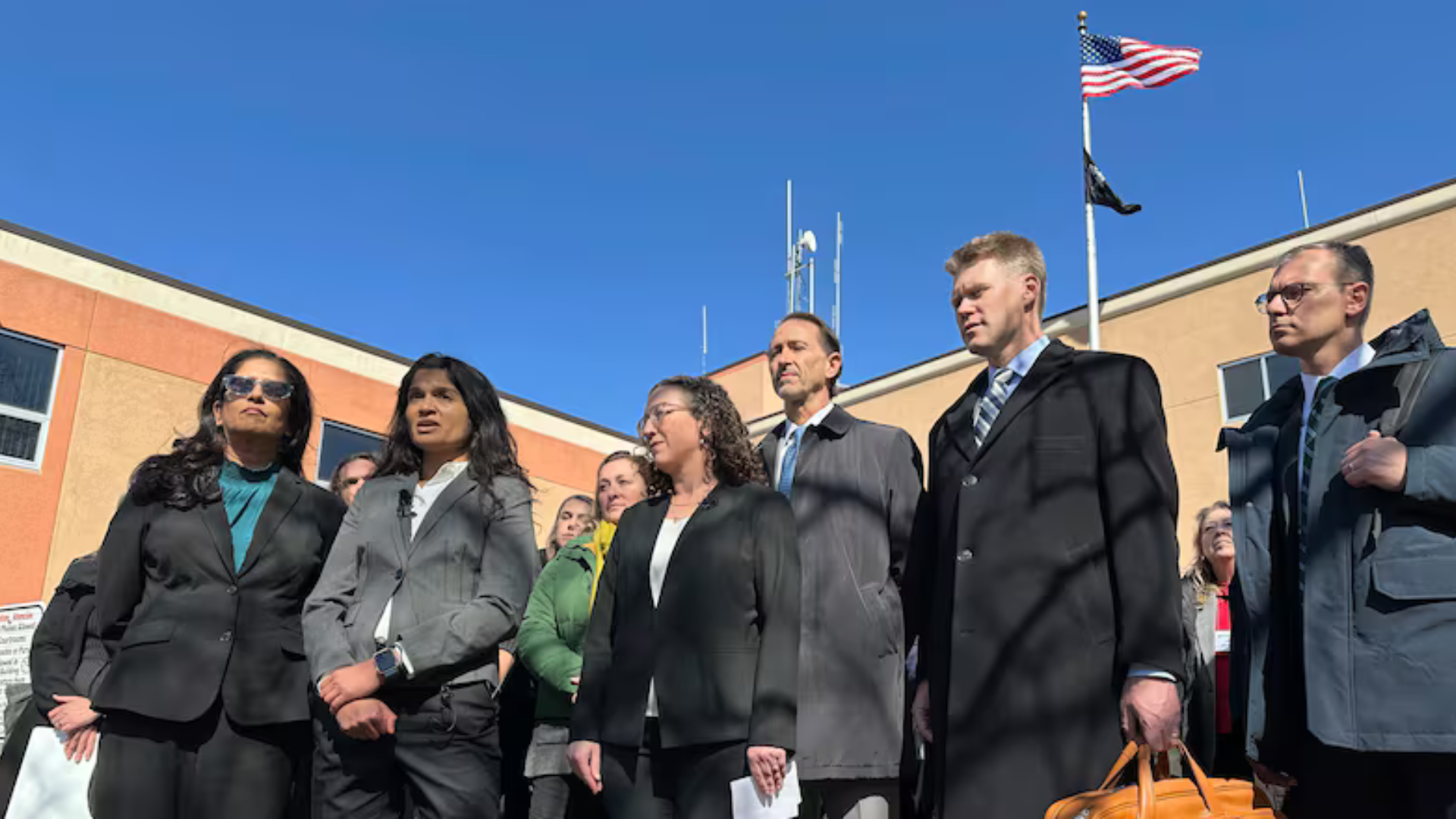Greenpeace Dakota Access Pipeline protests led to a North Dakota jury ordering compensation of over $660 million. A judge made the ruling about ten years after protests broke out near the Standing Rock Indian Reservation.
Details on the Verdict Amount Awarded:
- The jury’s verdict favored Energy Transfer, awarding the company over $660 million in damages.
- Accusers charged Greenpeace with civil conspiracy, trespassing, and defamation for allegedly funding protesters and spreading misinformation about the pipeline project.
- Punitive Damages: More than $400 million was awarded as punitive damages, aimed at penalizing Greenpeace.
The Reaction of Greenpeace
Greenpeace claims the case is a Strategic Lawsuit Against Public Participation (SLAPP) and promises to challenge the decision. The group maintains that its participation was peaceful and that the lawsuit is a clear attack on the freedoms of speech and protest.
“Energy Transfer hasn’t heard the last of us,” said Greenpeace International general attorney Kristin Casper. “We will not back down, we will not be silenced.”
Energy Transfer’s Perspective
Energy Transfer celebrated the ruling, stating it represents a victory for law-abiding Americans. The company argued that Greenpeace’s actions caused billions in damages by delaying the pipeline’s construction and influencing public perception.
“This win is really for the people of Mandan and throughout North Dakota who had to endure the disruptions caused by the protests,” the company said.
A More Comprehensive Battle for Freedom of Expression
Environmental groups and legal experts are concerned about the ruling’s potential impact on peaceful protest and free speech. Civil rights attorney V. James DeSimone warned that the decision will deter future environmental advocacy.
The Center for International Environmental Law (CIEL) also denounced the ruling, arguing that it infringed upon the rights of Indigenous people and environmental campaigners.
In the Netherlands, Greenpeace has already countersued Energy Transfer, challenging the company’s actions in light of European laws designed to protect against SLAPP accusations. The hearing is scheduled for July.
The case marks a turning moment in the ongoing debate concerning the boundaries of corporate power, environmental campaigning, and free expression, despite the fact that the court battle is still ongoing.
Source: USA Today
